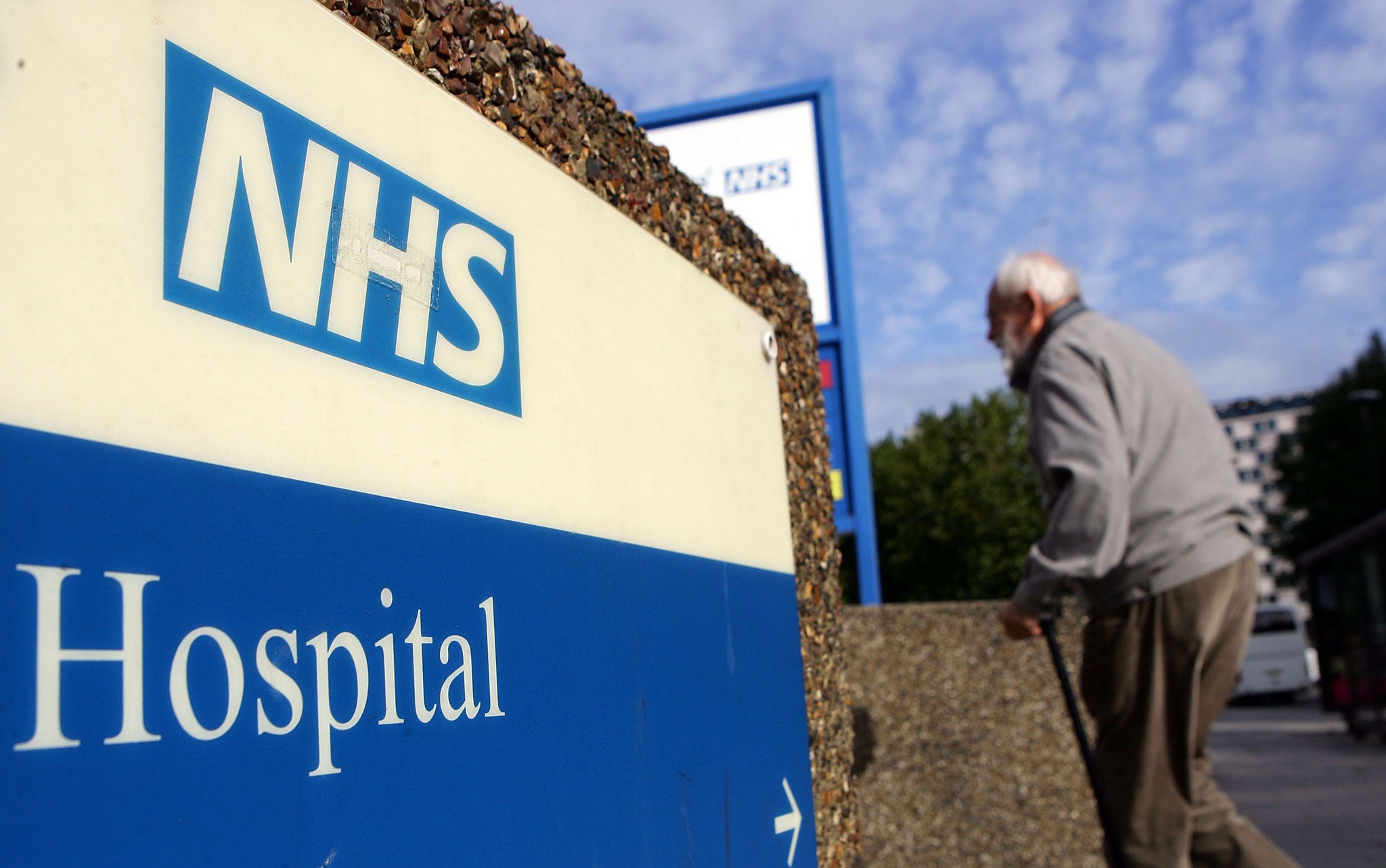14 health trusts with high mortality rates had 3,000 more deaths than expected in single year

Your support helps us to tell the story
From reproductive rights to climate change to Big Tech, The Independent is on the ground when the story is developing. Whether it's investigating the financials of Elon Musk's pro-Trump PAC or producing our latest documentary, 'The A Word', which shines a light on the American women fighting for reproductive rights, we know how important it is to parse out the facts from the messaging.
At such a critical moment in US history, we need reporters on the ground. Your donation allows us to keep sending journalists to speak to both sides of the story.
The Independent is trusted by Americans across the entire political spectrum. And unlike many other quality news outlets, we choose not to lock Americans out of our reporting and analysis with paywalls. We believe quality journalism should be available to everyone, paid for by those who can afford it.
Your support makes all the difference.Fourteen NHS Trusts under investigation for persistently high mortality rates had 3,000 more deaths than expected in one year, according to latest figures.
The 14 trusts were named earlier this year by the NHS's medical director Sir Bruce Keogh following publication of the report into the serious failings at Mid-Staffordshire NHS Trust where 450 excess deaths occurred between 2005 and 2008.
The Summary Hospital Level Indicator for the year from October 2011 shows five of the trusts being investigated are "repeat outliers" with death rates higher than expected for two years running.
The figures are published by the Health and Social Care Information Centre.
Officials cautioned that the data is "experimental" and the figures should only act as a "smoke alarm".
Sir Bruce said: "A higher than expected mortality rate does not in itself tell us that a hospital is unsafe, for example, units delivering highly complex and specialist care could legitimately have higher mortality rates.
"It is, however, a warning light that suggests trusts should investigate further to identify and resolve any care quality issues.
"We want consistently high performing hospitals across the NHS.
"Hospitals with persistently high Summary Hospital Mortality Indicator scores are currently under review."
NHS England said that the 14 trusts under investigation would soon be visited by a team of experts including doctors, nurses and patient representatives.
A spokeswoman said that the teams will carry out "rapid response reviews" and will observe the hospital in action, as well as taking part in meetings with patients, members of the public, and staff. These visits will be followed up with unannounced visits, she added.
Join our commenting forum
Join thought-provoking conversations, follow other Independent readers and see their replies
Comments